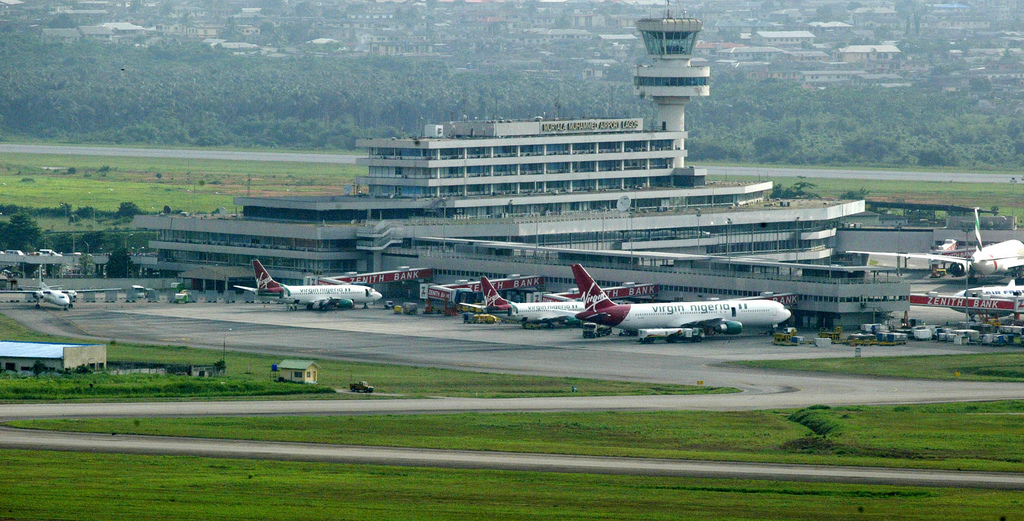
The Federal government has disclosed the reason behind its move to concession four international airports in the country for 30 years.
The concession move infers that the federal government will relinquish the management to private investors who automatically become responsible for developing the airport and making sure it measures up to global standards
The facilities to be concession are the Murtala Muhammed International Airport, Lagos: international and cargo terminals; and the Nnamdi Azikiwe International Airport, Abuja: international, domestic and cargo terminals.
Others include the Port Harcourt International Airport, Port Harcourt: international, domestic and cargo terminals; and Mallam Aminu Kano International Airport, Kano: international, domestic and cargo terminals.
READ ALSO: Nigeria to concession 4 airports for 30 years – FG
However, while explaining to newsmen, the circumstance behind the concession of the facilities, the Minister of Aviation, Hadi Sirika, noted that inefficient use of Nigeria’s international airports and their low operating capacity informed their decision to concession them for optimal result.
He stated that the airports were not designed for international operation, assuring that prospective private handler of the terminals and facilities will inject funds needed to improve the airport infrastructure.
Sirika also said that the Federal Government remained committed to upgrading the airports in the country and making them viable through concession.
“The airports in Nigeria are currently operating in a suboptimal environment as there is relatively low asset utilisation due to the limited opening hours of other smaller Nigerian airports; lack of terminal capacity as the airports fall short of gates, stands and check-in desks.
“An overstretched facility is the Murtala Muhammed International Airport, Lagos terminal, built-in 1979 for 200,000 passengers, but currently processes nearly eight million flyers.
“The airports are expected to be improved upon to meet modern demands which most Nigerian airports lack and the operational efficiency and profitability of the airports will thus increase.”

